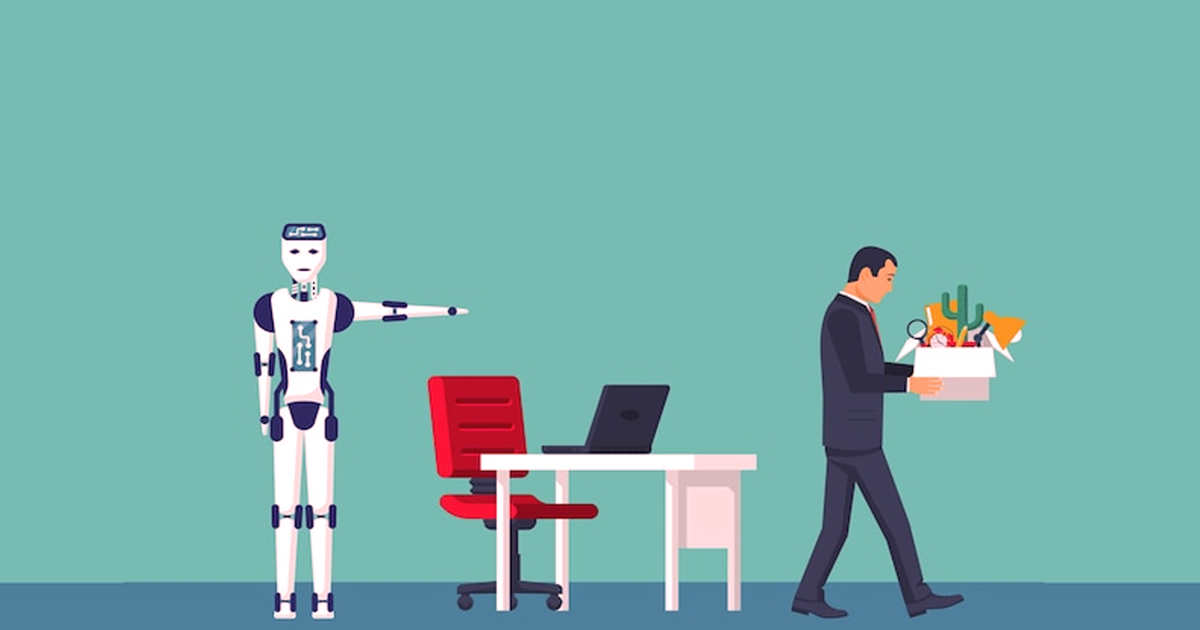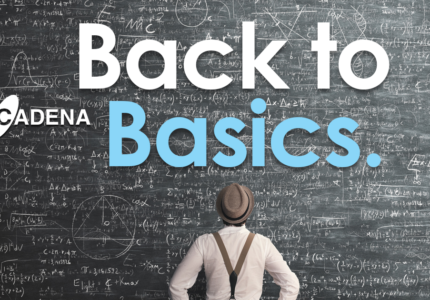The hype around ChatGPT has died down a bit but that doesn’t mean Artificial Intelligence is gone. On the contrary. Maybe the number of articles and posts on social media has decreased but the use of AI tools is only increasing. That will have a slow impact on many professions and jobs, starting with roles and functions with lots of repetitive elements where human interaction is of limited added value.
This sort of changes are nothing new of course, cars and televisions were made manually in the past and now mostly by robots, we’re using computers for many menial tasks and the world as we know it now, is not the same as 50, 30 or even 10 years ago.
So what does this mean for the HR profession, what major implications do line managers and human resource executives need to prepare for, plan and manage? How to retain staff, how to inform staff and how to keep them motivated?
Let’s list a few points that arise from the discussions we at Cadena have with our clients and prospects.
1. Plan
First and foremost, the HR manager needs to know what the company’s plans are. That sounds like an open door but in order to make a proper staff planning in consultation with line managers, the HRM function needs to know the type of roles, skills and functions that are and will be required. Not only the coming months or next year but also in the longer run. So that proper talent can be hired, people can be trained and succession plans can be made.
2. Communicate
Although line managers should take the lead to talk to staff about the direction of the company, the HR manager plays an important role in communicating the direction of the company and consequently any direct or eventual consequences for the workforce. A good employer facilitates staff development but leaves room for own initiative as well in learning management and career development, so that staff can take their own actions to help the company and their career.
3. Get the basics right
Planning for change is easy if you have your current HR program in place. Make sure that – whatever changes are imminent – you are organised. Meaning that your payroll is in order, your employee database is in shape and all complete staff details are in there, make sure all your HR processes from payment, salary calculation, leave management, overtime management all the way to performance appraisals and career planning are well organised and supported by a state-of-the-art HRIS.
And make sure you have a proper ESS – Employee Self Service – system operational, so that all staff can take care of their own employee data, leave, overtime and roster.
The impact of AI will differ from industry to industry. Many of our clients operate in labour intensive sectors like logistics, production and hospitality and maybe artificial intelligence will not have a major impact in these industries anytime soon. But there are other developments – like RPA (Robotic Process Automation) for instance – that might affect the industry, the company and ultimately the employees.
So better be prepared and have your HR and Payroll processes properly automated. Contact us if you want to know more about how we’ve helped our customers.







